Home>Articles>What Type Of Caulk To Use For Quartz Countertops
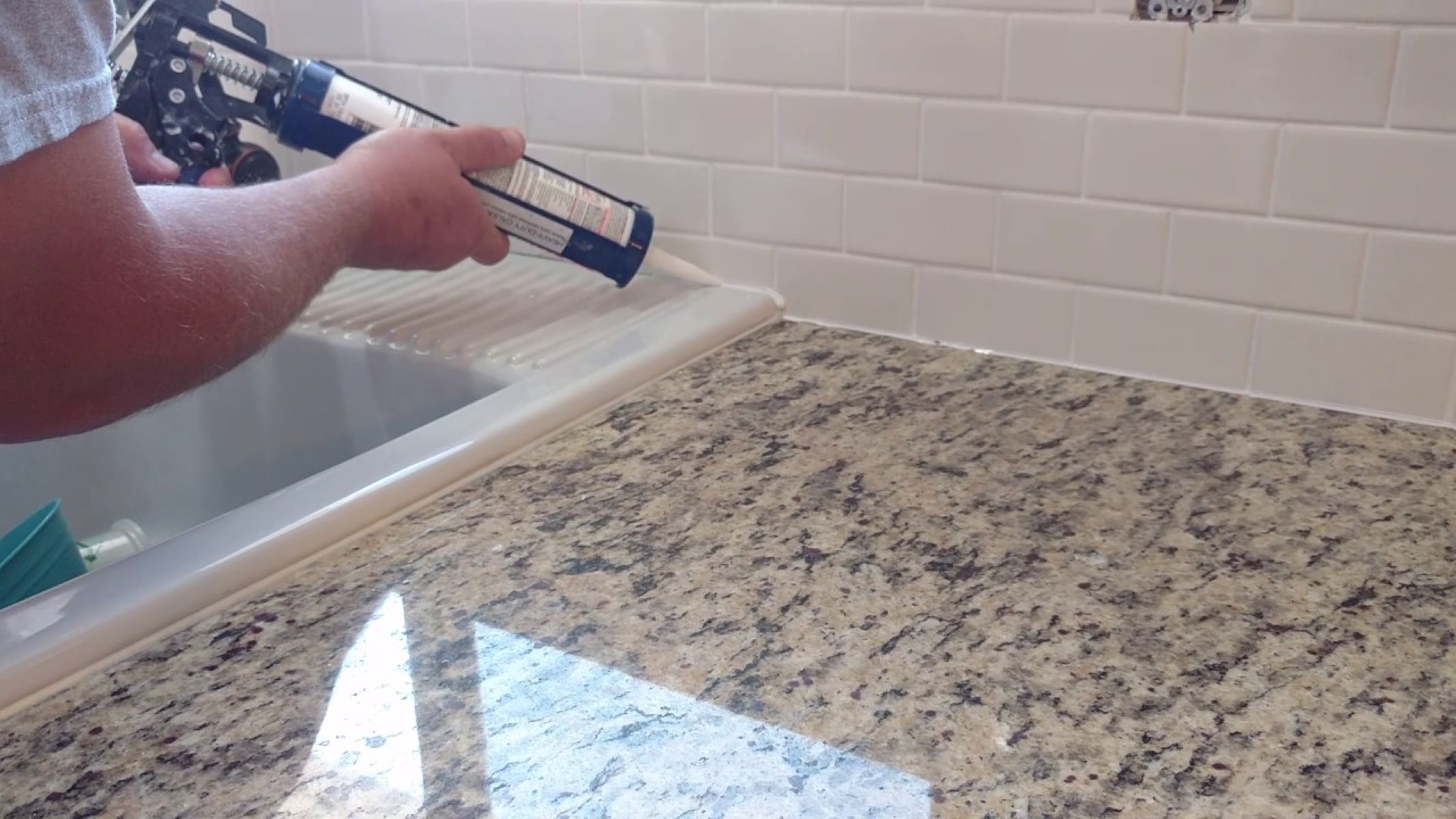

Articles
What Type Of Caulk To Use For Quartz Countertops
Modified: December 7, 2023
Discover the best type of caulk to use for quartz countertops with our informative articles. Get expert advice and make your countertop installation a success.
(Many of the links in this article redirect to a specific reviewed product. Your purchase of these products through affiliate links helps to generate commission for Storables.com, at no extra cost. Learn more)
Introduction
When it comes to installing or repairing quartz countertops, choosing the right caulk is crucial. Caulk serves as a sealant, ensuring that the joints and gaps between the quartz slabs are properly sealed. This not only enhances the aesthetic appeal of the countertops but also protects them from moisture, stains, and bacteria.
With a wide variety of caulk options available in the market, it can be challenging to determine which one is the best for quartz countertops. In this article, we will explore the importance of selecting the right caulk for quartz countertops and discuss the factors to consider during the decision-making process. Additionally, we will delve into the different types of caulk that are suitable for quartz countertops and provide tips on how to properly apply and maintain caulk for optimal results.
By understanding the significance of choosing the correct caulk and following the appropriate application and maintenance procedures, you can ensure the longevity and durability of your quartz countertops while maintaining their pristine appearance.
Key Takeaways:
- Choose the right caulk for quartz countertops to ensure water resistance, prevent stains and bacteria, and enhance aesthetics. Consider factors like material type, flexibility, and color for optimal performance and longevity.
- Types of caulk suitable for quartz countertops include 100% silicone, polyurethane, and acrylic latex. Each type offers unique benefits such as waterproofing, flexibility, and ease of application. Proper maintenance is crucial for preserving the integrity of the caulk seal.
Read more: What Are Quartz Countertops
Importance of Choosing the Right Caulk for Quartz Countertops
The choice of caulk for your quartz countertops is not to be underestimated. It plays a significant role in the overall performance and longevity of your countertops. Here are several key reasons highlighting the importance of selecting the right caulk:
- Water Resistance: Quartz countertops are highly resistant to water, but the joints between the slabs are vulnerable to moisture penetration. By using a high-quality caulk that is specifically designed for waterproofing, you can prevent water from seeping into the gaps. This helps to protect the underlying structure of your countertops from potential water damage.
- Preventing Stains and Bacteria: Properly sealed quartz countertops are less prone to staining and the growth of bacteria. The right caulk will create a tight seal that prevents any liquid or debris from seeping into the gaps between the slabs. This helps to maintain the hygienic and pristine condition of your countertops, making them easy to clean and maintain.
- Enhancing Aesthetics: The caulk used between the quartz slabs can significantly impact the overall appearance of your countertops. Selecting a caulk color that matches or complements the color of your countertops will create a seamless and visually appealing look. On the other hand, using an incorrect color can create a stark contrast and detract from the beauty of your countertops.
By choosing the right caulk for your quartz countertops, you can ensure their durability, functionality, and aesthetic appeal. It is important to consider several factors that will guide you in making an informed decision.
Factors to Consider when Selecting Caulk for Quartz Countertops
Choosing the right caulk for your quartz countertops involves considering several important factors. By taking these factors into account, you can ensure that the caulk you select is suitable for your specific needs and will provide long-lasting performance. Here are the key factors to consider:
- Type of Material: Quartz countertops require different caulk types compared to other countertop materials. Ensure that the caulk you choose is specifically designed for quartz surfaces to ensure compatibility and optimal performance.
- Flexibility: Quartz countertops can expand and contract with temperature changes. Therefore, it is crucial to select a caulk that has sufficient flexibility to accommodate this movement without cracking or breaking.
- Water and Moisture Resistance: Quartz countertops are highly resistant to water, but the seams between the slabs are susceptible to moisture intrusion. Choose a caulk that offers excellent water and moisture resistance to prevent damage and mold growth.
- Stain Resistance: The caulk should have good stain resistance, as it comes into contact with food, liquids, and other substances that may cause stains. Look for caulk that is specifically formulated to resist stains and is easy to clean.
- Color: The color of the caulk is an important aesthetic consideration. It is recommended to select a caulk color that blends seamlessly with the color of the quartz countertops to achieve a cohesive and visually pleasing appearance.
- Application Method: Consider the ease of application of the caulk. Some caulk products come in tubes and can be easily applied with a caulking gun, while others come in squeeze bottles for precise and controlled application. Choose a caulk product that aligns with your level of experience and application preferences.
- Drying Time: Different caulk products have varying drying times. Take into account the drying time specified by the manufacturer and choose a caulk that fits your project timeline.
- Longevity and Durability: Opt for a caulk that is durable and has a long lifespan. This will ensure that the seal between the quartz slabs remains intact and effective for years to come.
By considering these important factors, you can confidently select the right caulk for your quartz countertops, ensuring a reliable and visually appealing installation or repair.
Types of Caulk Suitable for Quartz Countertops
There are several types of caulk that are suitable for use on quartz countertops. Each type offers different features and benefits. Understanding the characteristics of each type will help you make an informed decision. Here are the main types of caulk suitable for quartz countertops:
- 1. 100% Silicone Caulk: Silicone caulk is a popular choice for quartz countertops due to its excellent waterproofing and flexibility. It creates a durable and long-lasting seal that is resistant to moisture, mold, and mildew. Silicone caulk is also available in a wide range of colors, allowing you to match it with the color of your countertops for a seamless look.
- 2. Polyurethane Caulk: Polyurethane caulk is another option for sealing quartz countertops. It offers excellent flexibility, durability, and resistance to both water and chemicals. Polyurethane caulk is particularly useful when there are varying temperature conditions in the kitchen, as it can expand and contract without cracking or shrinking.
- 3. Acrylic Latex Caulk: Acrylic latex caulk is a cost-effective option for sealing quartz countertops. It is easy to apply and dries quickly, making it ideal for simple repairs or DIY projects. While acrylic latex caulk provides good water resistance and adhesion, it may not be as durable in high-moisture environments as silicone or polyurethane caulk.
When choosing the type of caulk for your quartz countertops, consider the specific needs of your project, including the level of water exposure, flexibility requirements, and the desired appearance. It is recommended to consult with a professional or refer to the manufacturer’s guidelines to ensure you select the most appropriate caulk type for your quartz countertops.
100% Silicone Caulk
One of the most popular types of caulk for sealing quartz countertops is 100% silicone caulk. This type of caulk offers several benefits that make it a suitable choice for quartz surfaces. Here are the key features and advantages of using 100% silicone caulk:
- Waterproofing: 100% silicone caulk provides excellent waterproofing properties. It forms a tight and durable seal that prevents water and moisture from penetrating the gaps between the quartz slabs. This helps to protect the underlying structure of your countertops and minimize the risk of water damage.
- Flexibility: Quartz countertops can expand and contract with temperature changes. 100% silicone caulk offers exceptional flexibility, allowing it to accommodate the movements of the quartz without cracking or breaking. This flexibility ensures that the seal remains intact and effective over time.
- Mold and Mildew Resistance: Silicone caulk is inherently resistant to mold and mildew growth. Its moisture-resistant properties make it an excellent choice for areas prone to high humidity, such as kitchens and bathrooms. By using 100% silicone caulk, you can minimize the risk of mold and mildew development on your quartz countertops.
- Durability: Silicone caulk is known for its durability. It can withstand exposure to UV rays, chemicals, and harsh cleaning agents without deteriorating or losing its adhesive properties. This ensures that the seal remains intact and provides long-lasting protection for your quartz countertops.
- Aesthetic Appeal: 100% silicone caulk is available in a wide range of colors, allowing you to choose a shade that matches or complements the color of your quartz countertops. This creates a seamless and visually appealing look, enhancing the overall aesthetics of your kitchen or bathroom.
When using 100% silicone caulk, it is important to follow the manufacturer’s instructions for proper application and curing. This will ensure that you achieve the best results and maximize the performance of the caulk on your quartz countertops.
Use 100% silicone caulk for quartz countertops. It is durable, waterproof, and will not shrink or crack over time. Be sure to choose a color that matches your countertop for a seamless finish.
Read more: What Type Of Caulk To Use For Backsplash
Polyurethane Caulk
Polyurethane caulk is another type of caulk that is suitable for sealing quartz countertops. It offers unique properties that make it an excellent choice for certain situations. Here are the key features and advantages of using polyurethane caulk:
- Flexibility: Polyurethane caulk is known for its exceptional flexibility. It can accommodate the natural movements of quartz countertops caused by temperature changes without cracking or breaking. This flexibility ensures a durable and long-lasting seal between the quartz slabs.
- Water and Chemical Resistance: Polyurethane caulk provides excellent resistance to water, moisture, and chemicals. It forms a waterproof seal that effectively prevents water penetration and protects your countertops from potential damage. This makes it particularly suitable for areas with high water exposure, such as kitchen countertops.
- Durability: Polyurethane caulk is highly durable, making it ideal for long-term use on quartz countertops. It can withstand UV exposure, weathering, and abrasion without deteriorating or losing its adhesive properties. This ensures a reliable seal that maintains the integrity of your countertops.
- Adhesion: Polyurethane caulk has strong adhesion, allowing it to bond effectively to a variety of materials including quartz, wood, metal, and plastic. This ensures a secure and long-lasting connection between the quartz slabs, reducing the risk of gaps or voids in the seal.
- Paintability: Unlike silicone caulk, polyurethane caulk is paintable. This means that you can choose a color that matches or complements your quartz countertops or existing decor. However, it is important to note that applying paint may affect the flexibility and performance of the caulk, so it’s essential to select a paint specially designed for use with polyurethane caulk.
When using polyurethane caulk, it is crucial to follow the manufacturer’s instructions for proper application and drying time. Take note that polyurethane caulk typically requires longer curing time compared to other types of caulk. Patience and adherence to the recommended guidelines will help you achieve the best results when sealing your quartz countertops with polyurethane caulk.
Acrylic Latex Caulk
Acrylic latex caulk is another type of caulk that is commonly used for sealing quartz countertops. It offers several advantages that make it a suitable choice for certain situations. Let’s explore the key features and benefits of using acrylic latex caulk:
- Ease of Application: Acrylic latex caulk is known for its ease of application. It is available in a variety of forms, including squeeze tubes and cartridges, allowing for precise and controlled dispensing. This makes it a popular choice for DIY projects and simple repairs.
- Quick Drying Time: Acrylic latex caulk has a relatively fast drying time compared to other types of caulk. It typically dries within a few hours, allowing you to complete your project in a timely manner. However, it is essential to follow the manufacturer’s instructions regarding the specific drying time for optimal results.
- Water Resistance: While acrylic latex caulk offers good water resistance, it may not be as effective as 100% silicone or polyurethane caulk. It can withstand moderate levels of moisture but may not be suitable for areas with high water exposure.
- Cost-Effectiveness: Acrylic latex caulk is generally more affordable compared to silicone or polyurethane caulk. If you are working within a limited budget or if the project does not require extensive water resistance, acrylic latex caulk can be a cost-effective option.
- Paintable: One of the advantages of acrylic latex caulk is that it can be painted over once it has fully dried. This allows you to match the color of the caulk to your quartz countertops or existing decor, creating a seamless and cohesive look.
It is important to note that acrylic latex caulk may not offer the same level of durability and long-term performance as silicone or polyurethane caulk. If your quartz countertops are exposed to significant moisture or if you require a higher degree of flexibility, it may be more appropriate to consider the other types of caulk mentioned above.
When using acrylic latex caulk, it is crucial to follow the manufacturer’s instructions for proper application and drying time. This will ensure that you achieve the best results and maintain the effectiveness of the seal on your quartz countertops.
How to Apply Caulk on Quartz Countertops
Properly applying caulk on quartz countertops is essential to ensure a secure and effective seal. Follow these steps to achieve a successful caulking job:
- Clean the Surface: Start by thoroughly cleaning the surface of your quartz countertops. Remove any dirt, dust, or debris using a mild cleaner or soap and water. Ensure the surface is dry before proceeding.
- Prepare the Caulk: Cut the tip of the caulk tube at a 45-degree angle to create an opening of the desired size. Insert the tube into a caulking gun and push the plunger to load the caulk into the gun.
- Apply the Caulk: Hold the caulking gun at a 45-degree angle and position the nozzle at one end of a gap between the quartz slabs. Squeeze the trigger gently to start applying a thin line of caulk along the gap. Continue moving the gun along the gap, maintaining a steady pressure on the trigger to ensure an even and consistent application.
- Smooth the Caulk: After applying the caulk, use a caulk smoothing tool, a damp cloth, or your finger (wearing a latex glove) to smooth and shape the caulk. This will create a neat and professional finish. Wipe off any excess caulk from the surface of the countertops and the surrounding area.
- Allow for Drying and Curing: The drying and curing time of the caulk will depend on the specific product used. Refer to the manufacturer’s instructions for the recommended drying and curing time. Avoid touching or disturbing the caulk until it has fully dried and cured.
- Inspect and Clean: Once the caulk has dried and cured, inspect the seal for any gaps or imperfections. If necessary, apply additional caulk to fill in any missed areas or touch up any uneven spots. Clean the countertops with a mild cleaner or soap and water to remove any residual caulk or smudges.
It is important to note that different types of caulk may have specific application instructions and drying times. Always refer to the manufacturer’s guidelines for the specific caulk you are using to ensure the best results.
By following these steps and taking care during the application process, you can achieve a professional-looking and effective caulk seal on your quartz countertops.
Tips for Maintaining Caulk on Quartz Countertops
To ensure the longevity and effectiveness of the caulk on your quartz countertops, it is important to practice proper maintenance. Here are some helpful tips to keep your caulk in optimal condition:
- Regular Cleaning: Clean your quartz countertops regularly using a mild cleaner or soap and water. Avoid using abrasive cleaners or harsh chemicals as they can damage the caulk and the quartz surface.
- Prevent Moisture Build-up: Wipe up any spills or moisture on the countertops immediately. Prolonged exposure to water or moisture can weaken the caulk and compromise its effectiveness.
- Avoid Harsh Impact: Take precautions to prevent heavy objects or sharp utensils from hitting or scraping the caulk. This can cause damage or breakage, reducing the lifespan of the seal.
- Inspect for Cracks or Damage: Regularly inspect the caulk for any cracks, gaps, or signs of damage. If you notice any issues, promptly repair or re-caulk the affected areas to maintain a strong and reliable seal.
- Avoid Excessive Heat: Quartz countertops are heat-resistant, but extreme heat can still affect the caulk. Use trivets or hot pads under hot pots, pans, or other heat-emitting objects to protect the caulk from excessive temperature exposure.
- Avoid Abrasive Cleaning Tools: When cleaning your countertops, use soft cloths or non-abrasive cleaning tools. Scrubbing with abrasive sponges or brushes can cause wear and tear on the caulk, potentially leading to deterioration.
- Reapply Caulk as Needed: Over time, caulk may wear out or become discolored. If you notice signs of deterioration or discoloration, consider reapplying caulk to ensure a strong and visually appealing seal.
- Consult a Professional: If you are unsure about the condition of the caulk or if you need assistance with repair or re-caulking, it is best to consult a professional. They can assess the situation and provide expert advice and services to maintain the caulk on your quartz countertops.
By following these maintenance tips, you can help prolong the life of the caulk and maintain the integrity of the seal on your quartz countertops. Regular upkeep and proactive care will ensure that your countertops remain beautiful and well-protected for years to come.
Conclusion
Choosing the right caulk for your quartz countertops is essential for their appearance, functionality, and longevity. With the variety of caulk options available, it is important to consider factors such as water resistance, flexibility, durability, and the specific needs of your project. The three main types of caulk suitable for quartz countertops are 100% silicone caulk, polyurethane caulk, and acrylic latex caulk.
100% silicone caulk offers excellent waterproofing, flexibility, mold resistance, and durability. It is ideal for areas with high moisture exposure. Polyurethane caulk provides exceptional flexibility, water resistance, and adhesion. It is suitable for countertops that experience temperature fluctuations. Acrylic latex caulk is cost-effective, easy to apply, and has a quick drying time, making it a good choice for simpler projects with moderate moisture exposure.
When applying caulk on quartz countertops, ensure the surface is clean and dry before applying the caulk. Use a caulking gun or squeeze bottle to apply a thin and even line of caulk along the gaps between the quartz slabs. Smooth the caulk for a professional finish and allow it to fully dry and cure before inspecting and cleaning the countertops.
To maintain the caulk on your quartz countertops, regularly clean the surface, prevent moisture build-up, avoid harsh impacts, and inspect for cracks or damage. Avoid excessive heat and abrasive cleaning tools. If necessary, reapply caulk to maintain a strong and visually appealing seal.
By following these guidelines and practicing proper maintenance, you can ensure the beauty and functionality of your quartz countertops for years to come. Remember to consult the manufacturer’s instructions and seek professional advice whenever necessary to achieve the best results.
Frequently Asked Questions about What Type Of Caulk To Use For Quartz Countertops
Was this page helpful?
At Storables.com, we guarantee accurate and reliable information. Our content, validated by Expert Board Contributors, is crafted following stringent Editorial Policies. We're committed to providing you with well-researched, expert-backed insights for all your informational needs.
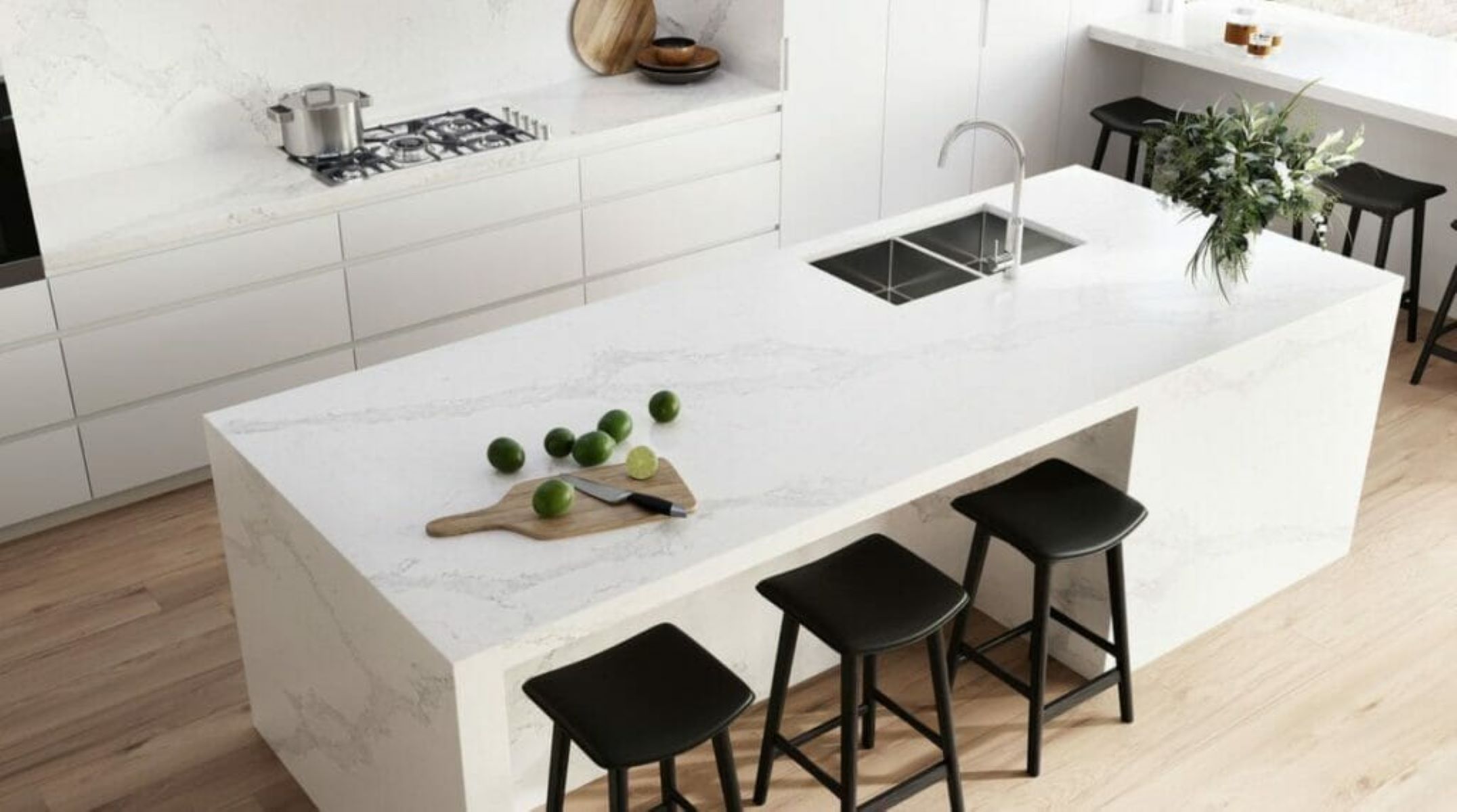
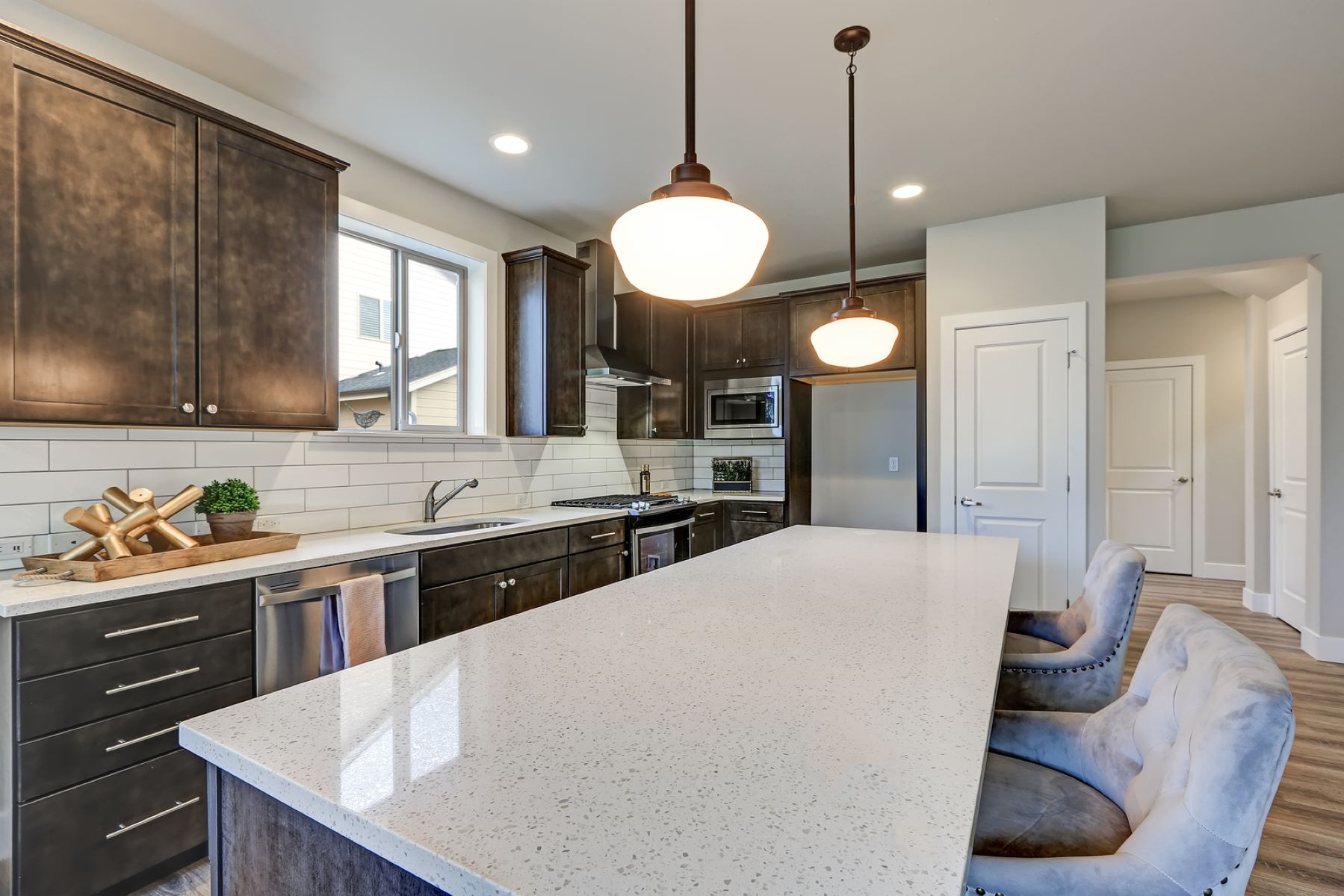
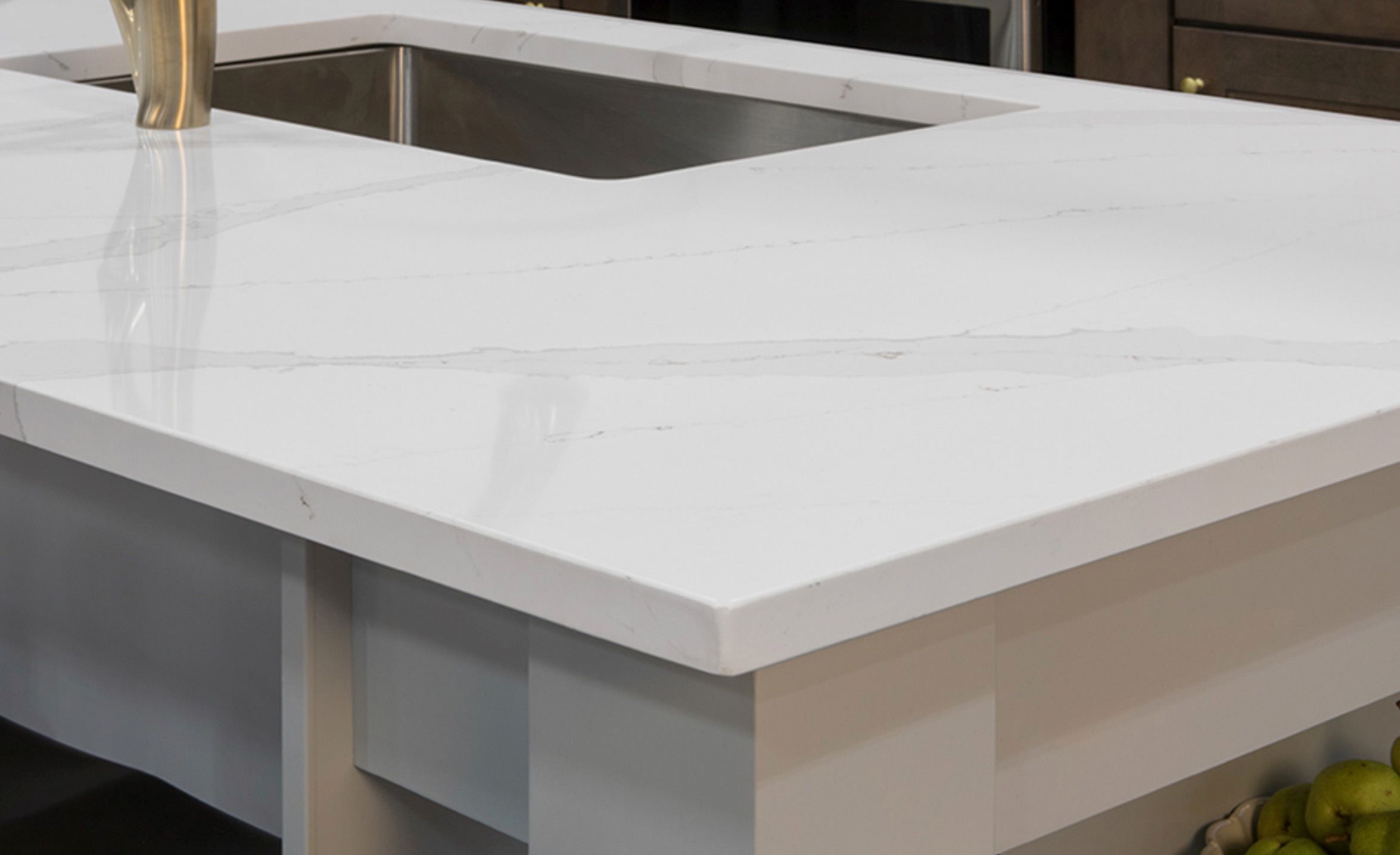
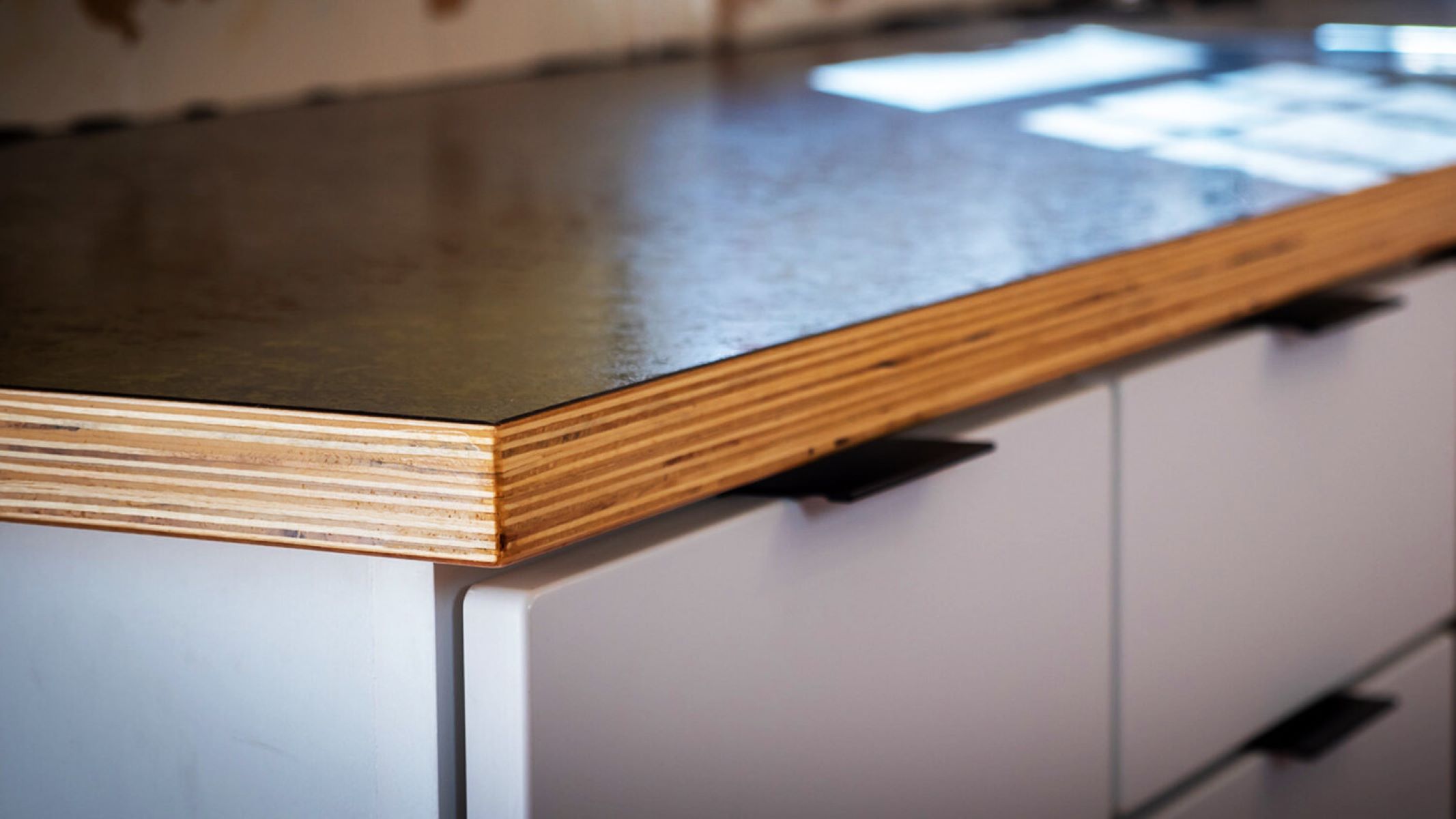
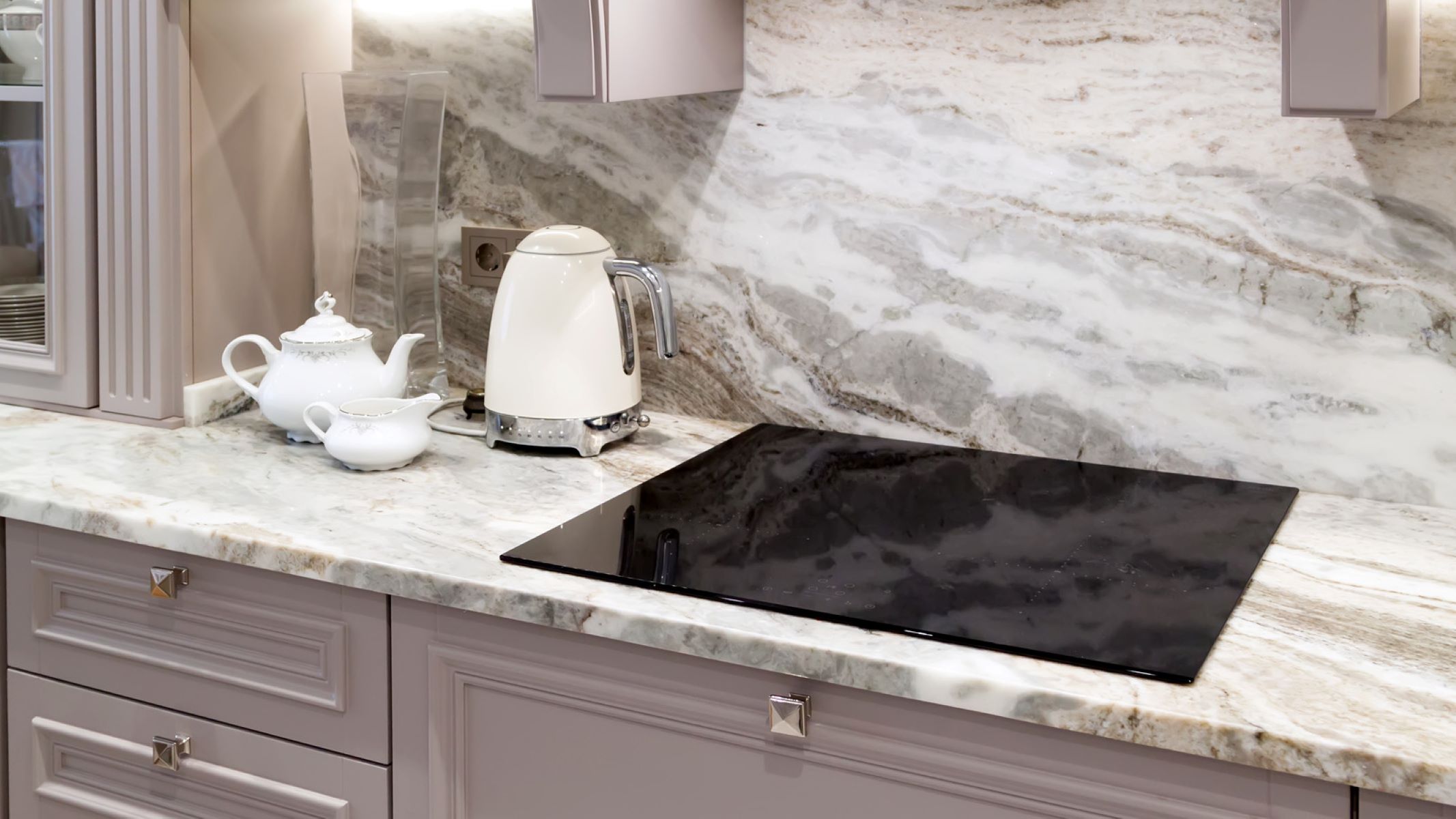
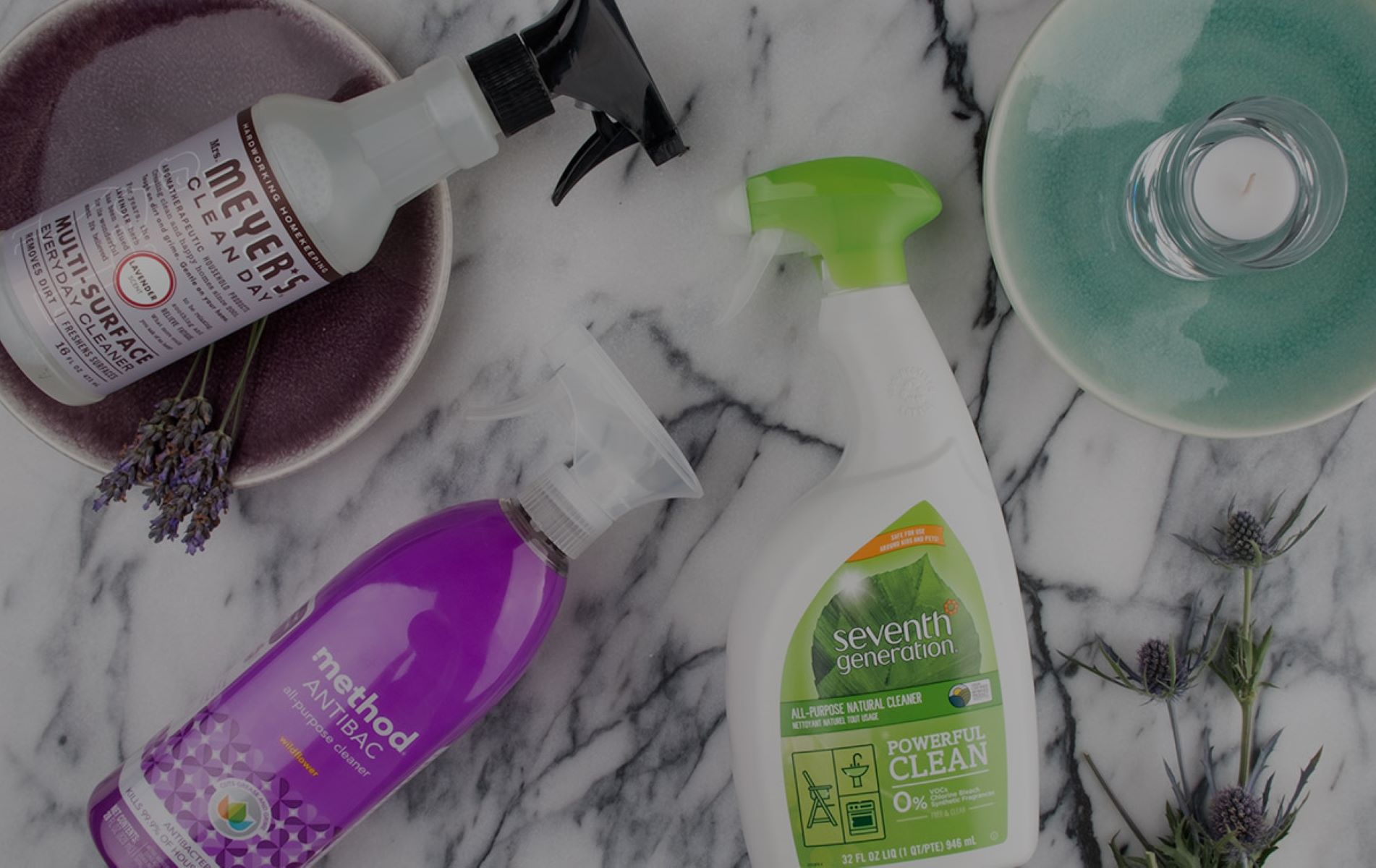
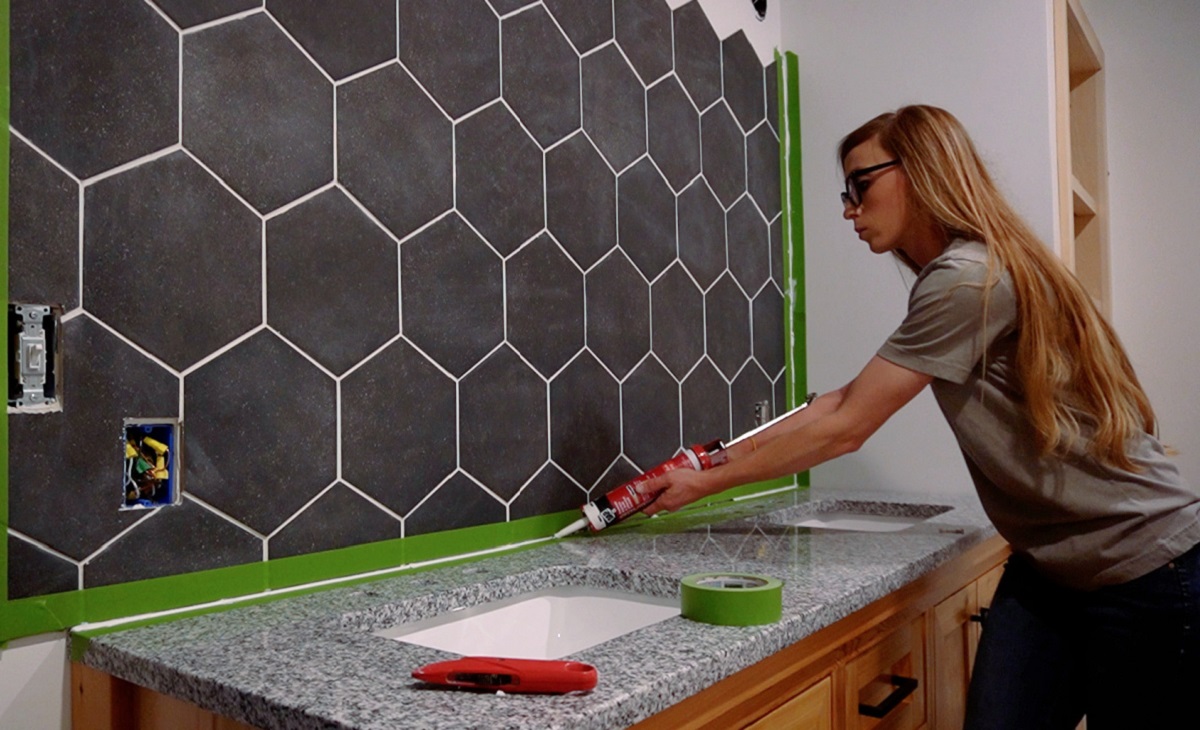
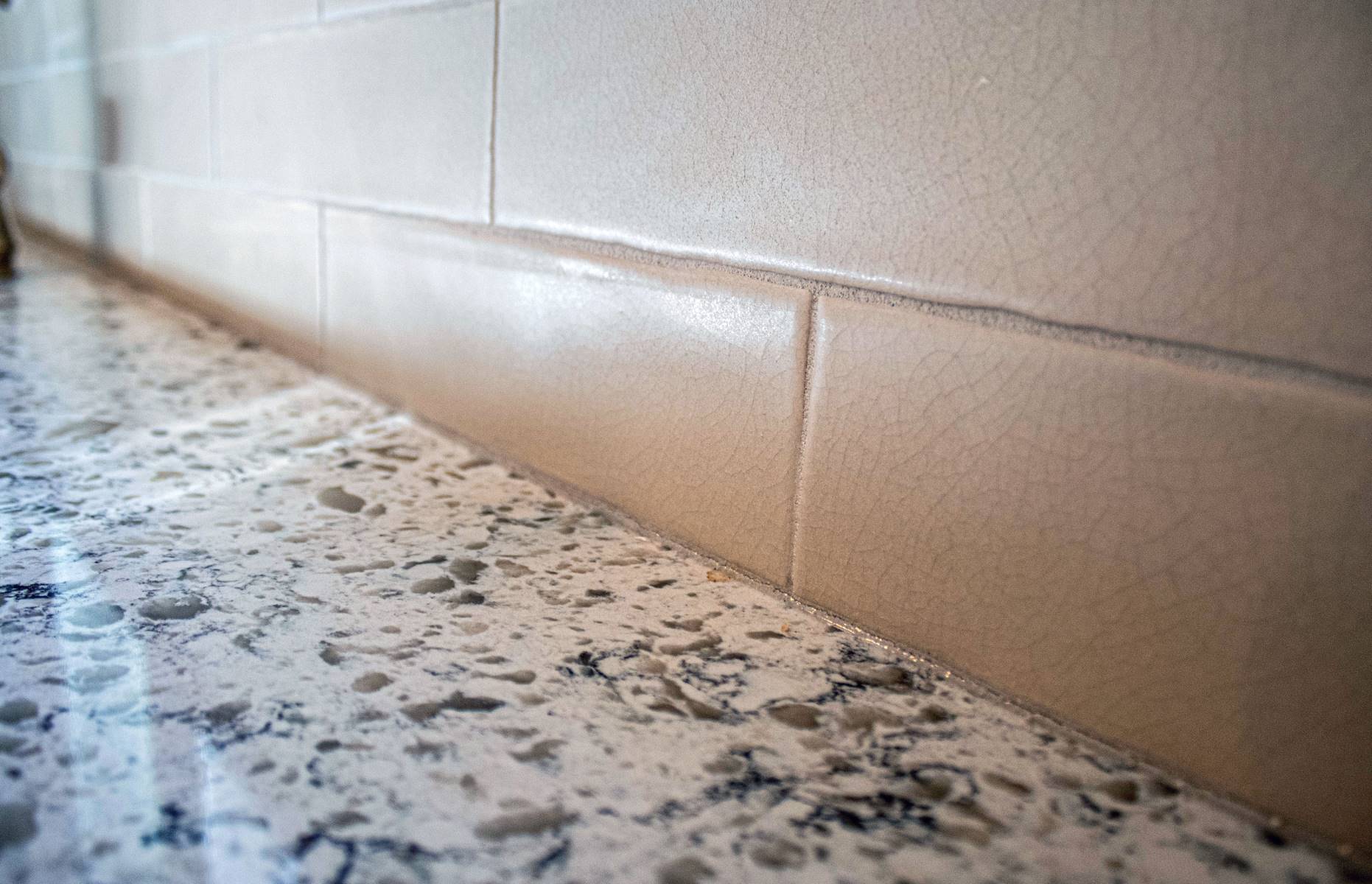
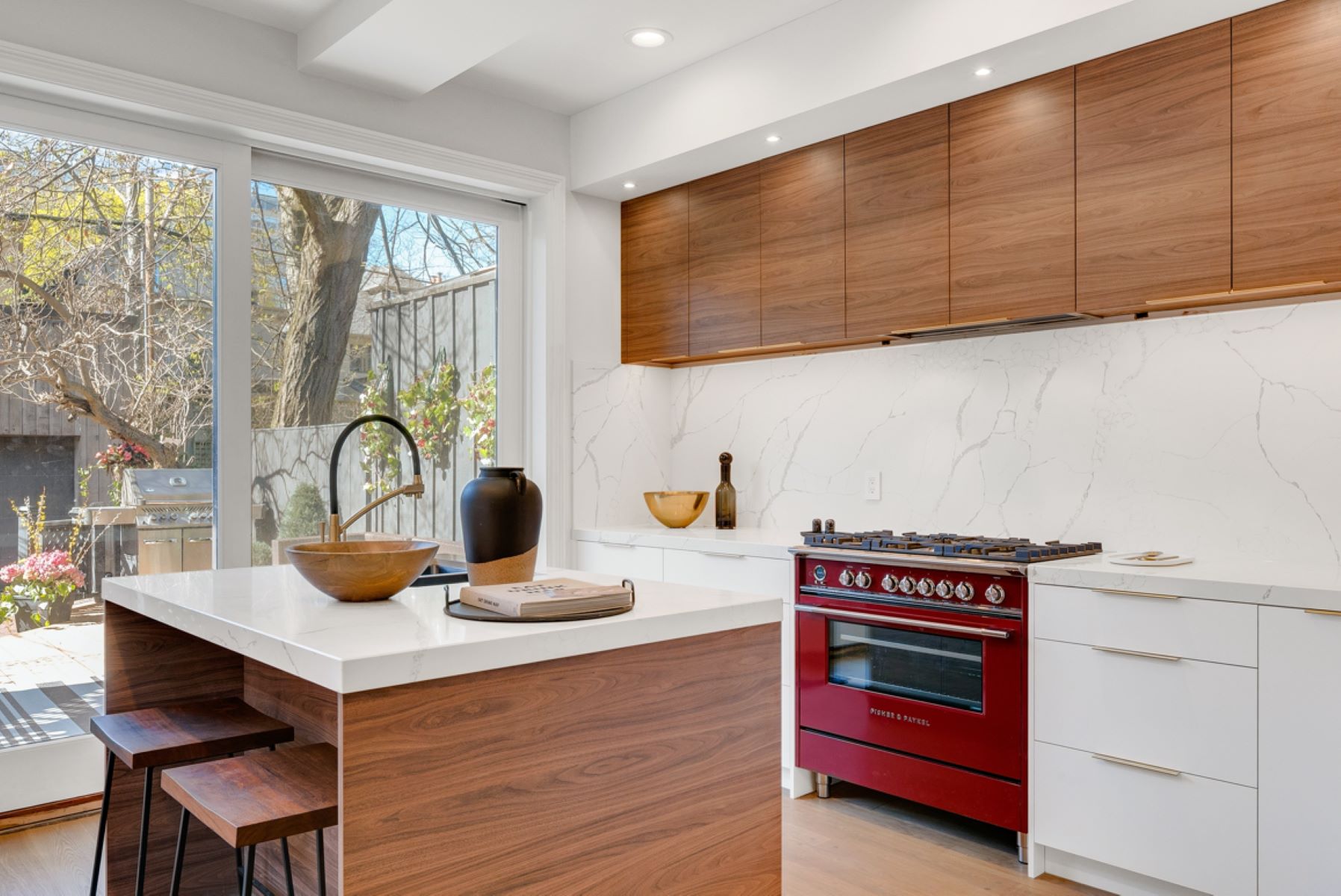
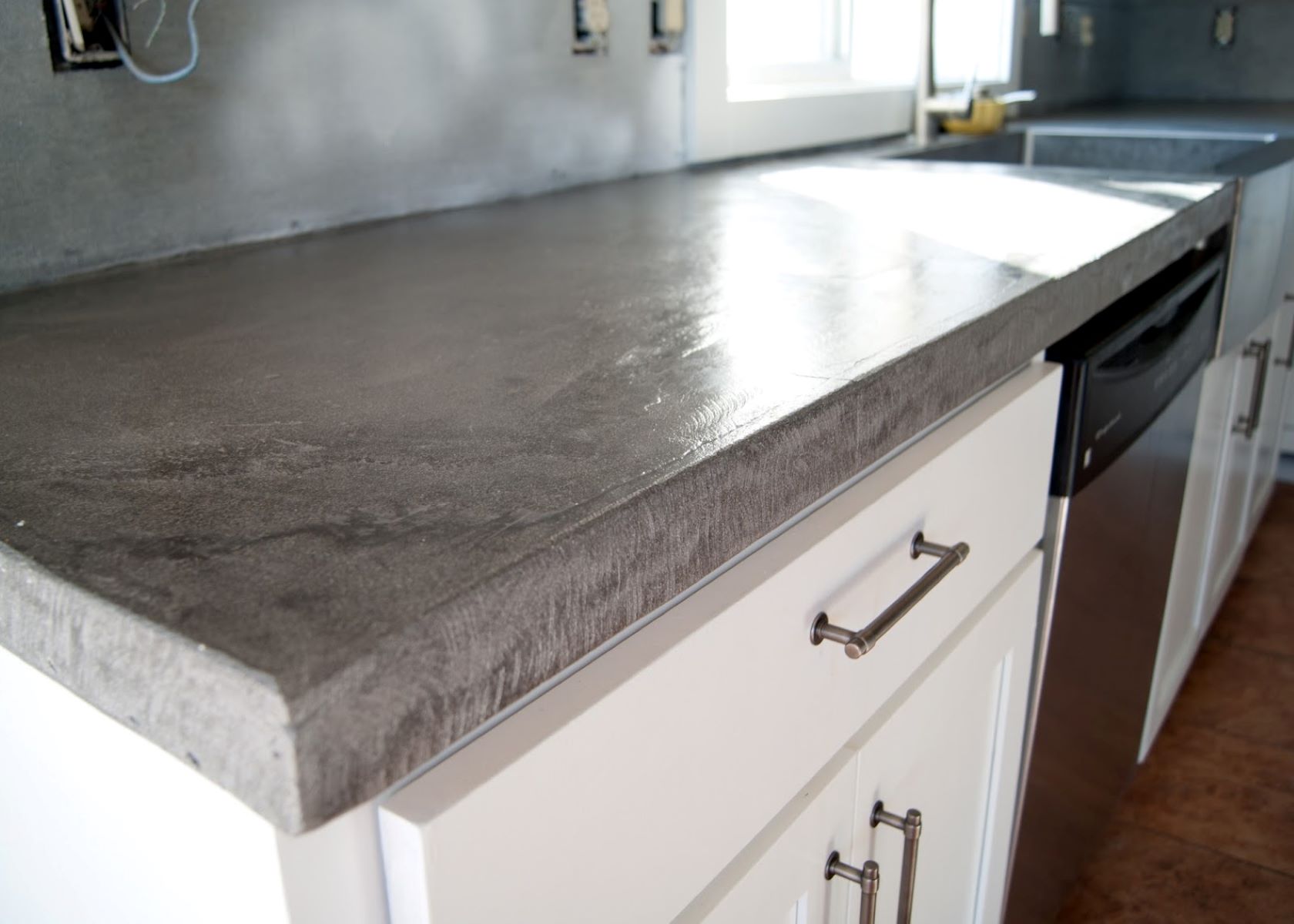
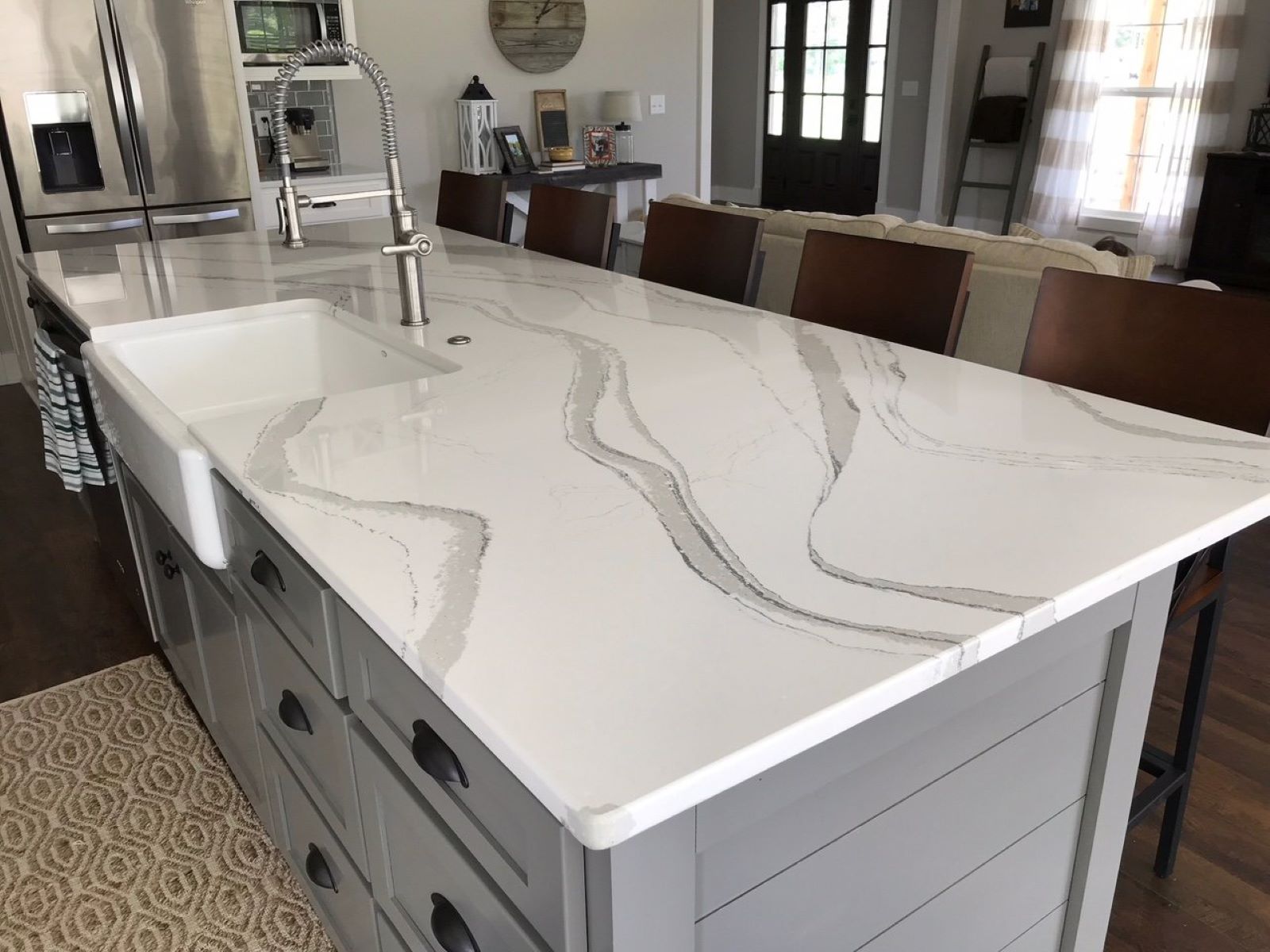
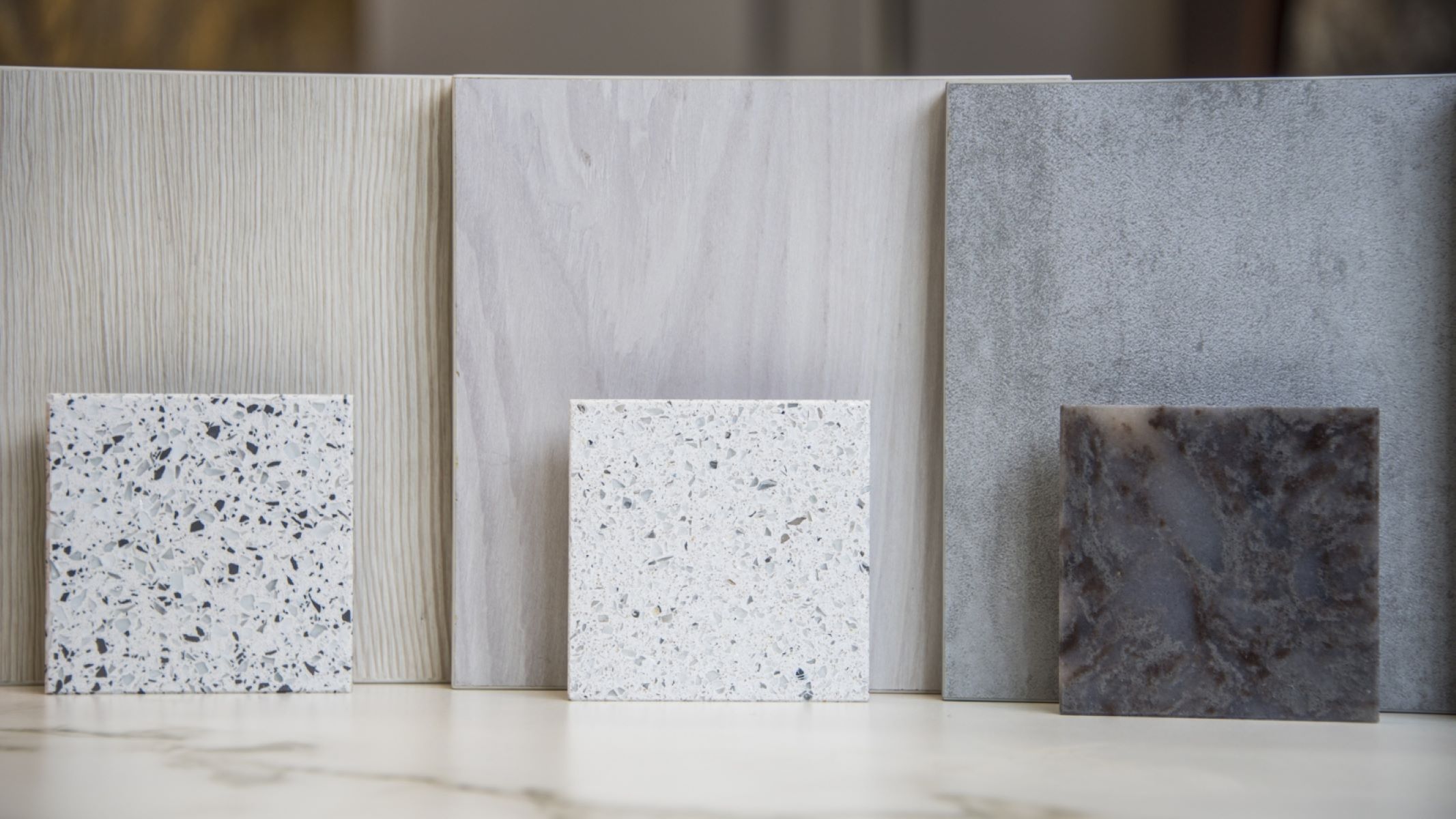
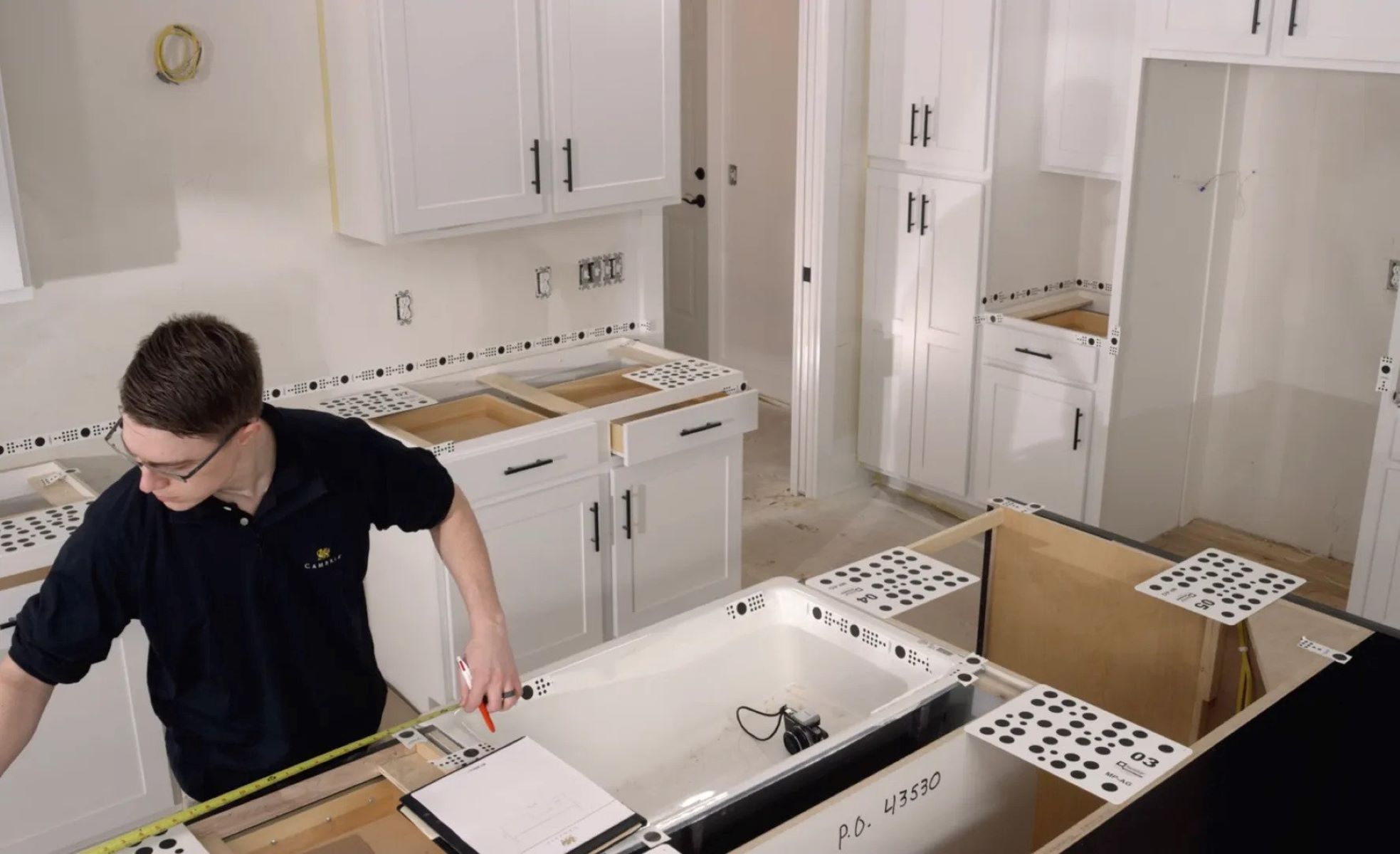

0 thoughts on “What Type Of Caulk To Use For Quartz Countertops”